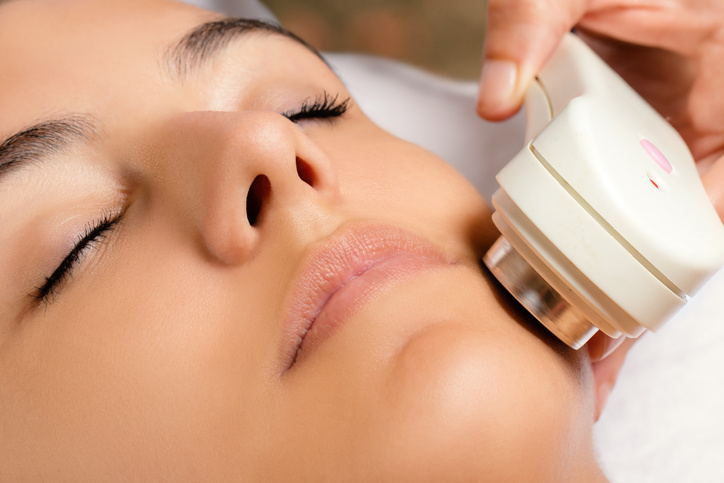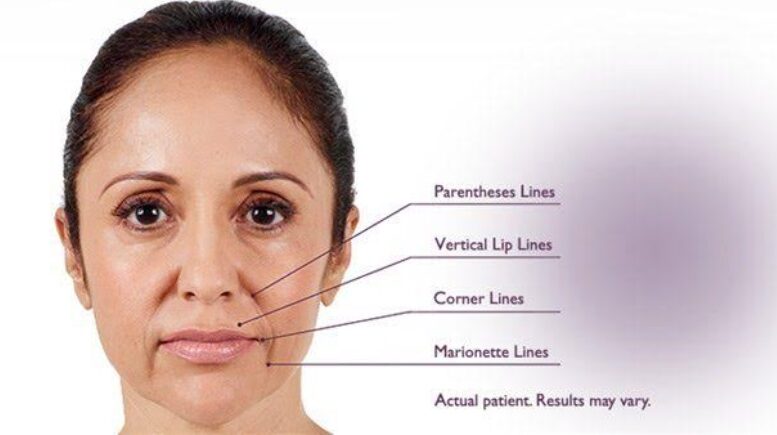Skin problems can be both bothersome and embarrassing, and in some cases, even painful. From acne and eczema to psoriasis and rosacea, understanding and managing your skin’s health is an important part of overall wellness. Thankfully, with the right information, you can take control of your skin’s health. This comprehensive guide to common skin problems will provide you with everything you need to know in order to better understand and manage your skin’s health. Keep reading to learn more.
Overview Of Common Skin Problems
There are several common skin problems that people will experience at some point in their lives. They range from relatively minor and easy to manage to more serious conditions that may require medical attention. Skin problems occur when the skin is unable to perform its functions due to one or more external factors. There are numerous common skin problems that may require treatment in order to alleviate symptoms and promote skin health. Some of the most common skin problems include acne, psoriasis, cold sores, blisters, hives, rosacea, eczema, warts, and sunburn.
There are many factors that can contribute to the development of skin problems. Some of the most common factors include genetics, certain medications, stress, diet, allergies, and improper skin care. For a more in-depth look at each skin condition, continue reading.
Acne
Acne is one of the most common skin problems, especially in teens and young adults. Acne is caused by a combination of genetics, hormones, diet, and bacteria. It is triggered by an increase in sebum production inside the pore, which is caused by hormones. The excess sebum and dead skin cells clog pores, which is where the bacteria that cause acne live. Sometimes, acne can lead to scarring. Acne can be managed through a combination of healthy skin care, diet, and medication. The best acne treatments target the root causes of acne and address the various types of acne breakouts. These treatments include acne-fighting and skin-restoring products that can be provided by your GP or a specialist dermatologist.
Psoriasis
Psoriasis is a chronic inflammatory skin condition. It causes patches of red, scaly, flaky skin that can appear anywhere on the body, including the scalp, elbows, and knees. The severity of psoriasis varies from person to person. In some cases, it’s mild and hardly noticeable. In others, it’s so severe that it interferes with daily activities. Psoriasis is often treated with topical creams or ointments, but you can learn more about the condition in this guide.
Cold Sores
Cold sores are caused by the herpes simplex virus, commonly known as HSV. The virus can lie dormant in your body for years but can sometimes flare up and cause cold sores. Cold sores are most often found outside of the mouth, on the lips, nose, and chin. Cold sores are not curable, but they can be treated and prevented. Many people find relief with over-the-counter or prescription topical creams. The best cold sore treatments will contain ingredients that target the HSV and help speed up the healing process.
Blisters
Blisters are fluid-filled pockets that can form on the skin. They are most often caused by a strain or sprain of the skin, but they can also be caused by heat and cold. Blisters can be painful and unsightly, but they are not dangerous. They are best left alone and allowed to heal, as popping them can allow bacteria into the wound, which can lead to infections. Blisters can be treated with a combination of cleaning the area and applying a bandage or dressing. Blisters can last anywhere from a few hours to several weeks. The length of recovery time will depend on the cause of the blister.

Hives
Hives are raised, itchy red patches that come and go quickly, sometimes even within a matter of hours. They’re caused by an allergic reaction to something, like food, medicine, or an insect sting. Hives can also be triggered by stress or anxiety. Hives can be mild, with just a few red bumps, or they can be extremely itchy and painful. In some cases, they can become infected if not allowed to heal. Hives typically go away after a few days, but they can flare up again if the trigger is still present. If you have hives, see your doctor to determine the cause. Your doctor can also prescribe antihistamines to help with the itching and swelling.
Rosacea
Rosacea is a chronic skin condition that causes redness, inflammation, and swelling of the face. It is caused, in part, by genetics, sun damage, and lifestyle factors. The best way to prevent and manage rosacea is to practice good skin care, avoid triggers, and visit a dermatologist for an assessment and advice. Rosacea usually begins after middle age and is more common among women and those with fair skin.
Eczema
Eczema is a chronic inflammatory skin condition. It causes red, dry, scaly skin and can be itchy and painful. Eczema is a multi-factorial condition, meaning that it is caused by a combination of genetic, environmental, and lifestyle factors. Eczema on lips or other skin areas can be managed and treated by following a skincare routine, avoiding triggers, and being mindful of your overall health. GPs and dermatologists often prescribe topical creams and ointments to treat eczema.
Warts
Warts are small bumps that appear on your skin, usually on your hands or feet. Warts are extremely common, especially in children, but they can affect adults too. Warts can appear on any part of the skin, but they are most common on the hands and feet as well as the backs of knees and inside of elbows. While warts aren’t generally dangerous, they can be uncomfortable and, in some cases, embarrassing. There are many different ways to treat warts, including medications and freezing.
Sunburn
Sunburn is caused by overexposure to UV rays. It causes red, inflamed, and painful skin. Swelling, blistering, and itching can also be present in more severe sunburns. Sunburn is different from a tan. A tan is a response to UV rays and is actually the skin trying to protect itself. Wearing suncream is the best way to prevent sunburn. Suncream should be applied generously before going outside and reapplied every few hours. Sunburn can be treated and prevented by taking an over-the-counter pain reliever and applying soothing moisturisers or after-sun creams.

When To See A Doctor
If you are experiencing any of the above skin problems, it is a good idea to visit your GP or get referred to a dermatologist. A GP or a dermatologist can help you determine the root cause of your skin issues and prescribe the right treatment. A GP can also determine if there are any underlying health conditions that are causing the skin condition you’re experiencing and recommend treatments to help solve the issue.
Conclusion
Whether you’re experiencing common skin problems like acne or rosacea, or a more serious condition such as psoriasis or eczema, it is important to know what’s causing your symptoms and how to manage them. By taking the time to understand your skin and its needs, you can feel confident in your skin’s health and appearance. This comprehensive guide to common skin problems will help you better understand and manage your skin’s health for a healthier you.
